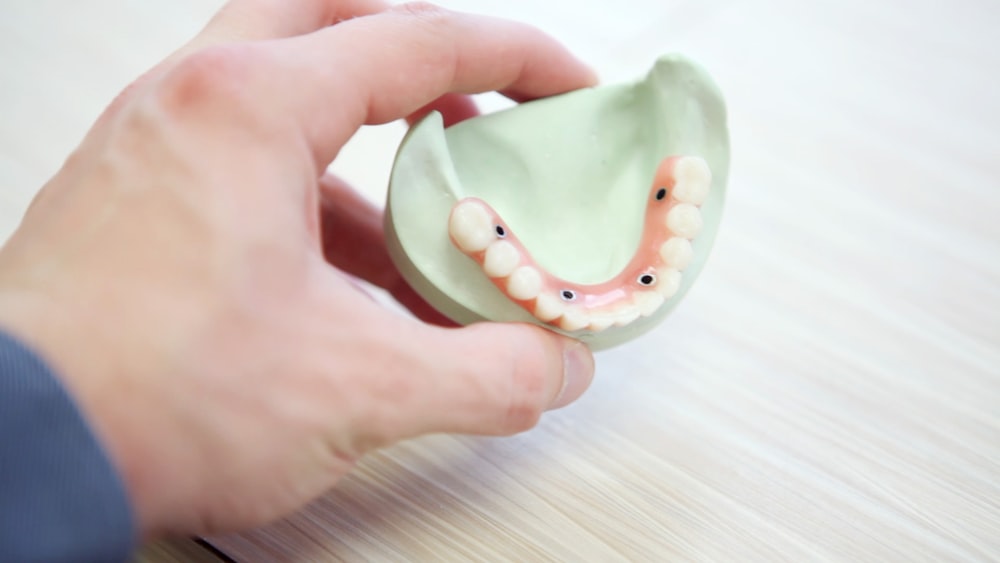10 Tips for a Cheap and Healthy Diet

Opting for the products of the time, preferring water to soft drinks and bringing food to work are just a few of the suggestions.
It is possible to eat well and cheap. Nutritionists, the General Directorate of Health and even the Consumer Protection Association – have already presented several studies and examples of how it is possible to make a healthy diet without spending a lot of money. In fact, processed foods with high levels of sugar, such as cakes, biscuits, soft drinks, etc., tend to be more expensive.
We leave you with 10 tips on how you can save money and still have a healthy diet.
-
Healthy breakfast:
This is the most important meal of the day and should avoid starting the day soon with sugars. Choosing to have breakfast at home allows you to not only save as much as you can to eat better. For example, if you choose a glass of milk, toast with butter and an apple, this breakfast will have an approximate cost (depending on the products chosen) of 0.30 euros. Compared with, for example, having breakfast outside the house that can be around 2 euros, means that at the end of a month managed to save more than 50 euros, which in one year could represent a saving of 620 euros.
-
Choose fruits and vegetables of the time:
Fruits and vegetables are essential in a healthy diet. In addition to being rich in nutrients are low in calories, and can be easily cooked in many ways. Choose the vegetables of the time and feel that you do not need to use the whole frozen food and then you can use, for example, to prepare soups. Whenever you make a large amount of soup can also put in boxes and freeze. If you have children you can substitute fruit jars for boiled fruit. For example, 1 kg of apples, depending on the quality, may even cost less than 1 euro and gives the equivalent of six or 8 fruit jars that cost more than 10 euros.
-
Opt for Water:
Our body is made up mostly of water and this is an essential good. Ideally you should drink at least 1.5l of water per day. Whether at or outside meals, you should seek to focus on water instead of soft drinks. Besides being more expensive they have too much sugar, which is not very recommendable for those who intend to have a healthy diet. Depending on the amount of soft drinks you drink you can save more than 20 euros per month, which, at the end of a year, represents more than 200 euros.
-
Bringing Food to Work:
More and more people bring food from home to their workplace. In addition to eating better, and knowing what to eat, guarantees the majority, saves enough money. As an example, if you spend about 7 euros a day for a lunch with soup, main course and dessert, at the end of a five-day week were 35 euros and in a month 140 euros. To bring food from home will not spend as much. DECO has made available on its website five healthy and affordable meals , which in total amount to less than € 10. That is, in a month would spend less than 40 euros, which compared to 140 represents a saving of 100 euros, or 1200 euros per year that could be set aside.
-
Prepare a grocery list:
To ensure that when you go shopping, do not forget what you need to make a list. The easiest way to keep track of what is missing is, as a product ends, to point it out immediately. So always have a notebook in the kitchen or pantry. Before you go shopping, prepare a detailed list of everything you need. If you have a market nearby you can split the fresh ones from the rest. Try to follow the list without going astray to make sure the products are within your budget.
-
Promotions:
Taking advantage of promotions is a great way to get your weekly menu set at a lower price. You may even be able to withdraw ideas based on the products being discounted. You can consult, for example, the website Publix Survey, which aggregates the discount leaflets of several supermarket chains, allowing you to be aware of the promotions.
-
Make a weekly menu:
In the day-to-day running we do not always have imagination for what to cook and we end up always making the same dishes, leaving some ingredients to be in the bottom of the pantry. The best way to get organized is to make a weekly menu. Check what’s in the pantry you can enjoy, check out a cookbook or websites, or even ask the other family members what they’d like and take a look at the promotions. After setting the menu it will be easier to organize the list.
-
Avoid waste:
Every year thousands and thousands of pounds of food are wasted in every home. To avoid this happening weekly, before going shopping, make an inventory of what you still have in the pantry or fridge, especially with shorter deadlines and check what dishes you can cook. For example, if the fruit is too ripe, remove some pieces and enjoy the rest to make a cake or a yogurt. The more you optimize your pantry, the more you’ll be able to save on your budget.
-
Aromatic herbs at home:
Has it happened to you to use a little parsley and leave the rest and then when you need it again the parsley is already spoiled? For, most of the time, we do not use all the amount we need, and when we need we do not. Although you can always freeze, when you buy, what’s left, creating a small herb garden at home is a good solution to ensure you always have what you need at hand and without having to spend money. Nowadays there are already several solutions, even for those who live in an apartment. Can put in small pots or flower beds. In addition, herbs are great for flavoring food, and in a healthy way, without having to resort to large condiments and sauces.
-
Pay attention to the validity:
To ensure an optimization of all the purchases you make you must pay attention to the expiration date and organize the products. Put the packages with the shortest date in front of the others. An important point is also to analyze whether the label says “consume until” or “consume preferentially before.” In the first case, when you say “consume until”, it means that out-of-term consumption may even pose a health risk. Already when it says “to consume preferentially before”, this means that even after the deadline there is not necessarily a risk to health. However, by the end of the term this food may be altered, with a change in color, texture or taste. The ideal is to always eat on time, but in the event of forgetfulness, before eating, start by checking which of the groups belongs to the delayed food.



